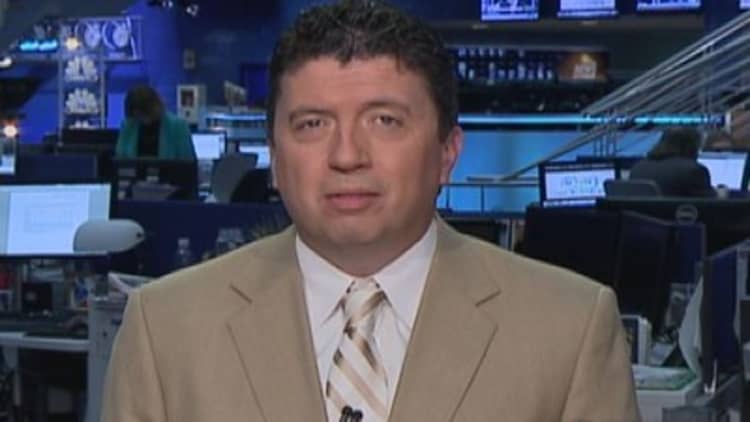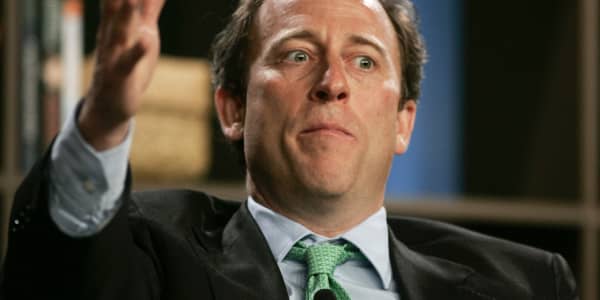If you thought market nervousness over central bank policy decisions was largely over, you might be in for a shock. Despite global markets seemingly taking the Federal Reserve's "tapering" in their stride it now appears there's a new concern on the horizon.
"Rate rage," dubbed on Friday by Dario Perkins, an economist at independent U.K.-based research firm Lombard Street Research, is a term used to describe the future market turmoil that could arise from the raising of benchmark interest rates by the Bank of England and the Federal Reserve.
"Just as markets suffered a 'taper tantrum in 2013', a 'rate rage' is possible," he said in the research note. "With central banks less able to provide clear guidance about the future, we are likely to see renewed market volatility as they start to raise interest rates in 2015. Some investors will again be anxious to sell their bonds, fearing significantly higher yields."
Read MoreEverything the Fed thinks it knows may be wrong
On May 22, 2013, the Federal Reserve's policy minutes sparked fears the central bank could start tapering off its $85 billion-a-month bond purchasing program. This came to be known as the "taper tantrum," with emerging market (EM) currencies tumbling as investors started to bring their dollars back to the U.S. in anticipation of higher interest rates.

Yields on 10-year benchmark U.S. Treasurys rose above 2 percent too and stock markets reeled as volatility spiked. The liquidity provided by central banks has suppressed sovereign bond yields to record lows and is seen by many analysts as the reason behind the impressive run-up in stock markets.
To counter any fallout from raising rates, Perkins believes that policymakers will try to pin down longer-term yields by downplaying the amount of tightening that is due. Current below target inflation for the many developed nations should help cap any major selloff in bonds, he added, and we are "unlikely" to see a sustained 1994-style crash.
Fed discussed rate hike procedures, no action soon
Bond yields back in the early 1990s were also at low levels, pushed down by recession and low inflation. Investor exposure to the asset class grew as the hunt for yield increased, but carnage ensued when the Fed hiked rates from 3 percent to 6 percent to combat a spike in inflation.
"With yields still low by historical standards, some investors will be anxious to sell their bonds, especially if they think the initial rate increase marks the first of many. EMs could also come under renewed pressure. And, as the 2013 experience showed, this could happen even if policymakers merely move in line with current market expectations," he said.
Read MoreRising interest rates: Who should you listen to?
Both the Bank of England and the Federal Reserve have been tinkering with their forward guidance policies which were put in place to reduce the shock that markets experienced. Thresholds have been broken down or moved and market watchers have complained of increased vagueness regarding their policy moves.
Mark Carney, the governor of the Bank of England, tried to play down any talk of a rate rise at his last inflation report, but many economists are still expecting a move in the first part of 2015, ahead of the U.K.'s general elections. Federal Reserve officials discussed rate hike procedures at the committee's latest meeting, but agreed the discussion does not signal rate action is coming soon.
The Fed discussed the right mix of tools to control rates and board members agreed a mix of tools is likely needed to normalize rates. "Participants generally agreed that starting to consider the options for normalization at this meeting was prudent, as it would help the committee to make decisions about approaches to policy normalization and to communicate its plans to the public well before the first steps in normalizing policy become appropriate," the minutes of the latest meeting, which were released on Wednesday, said.





